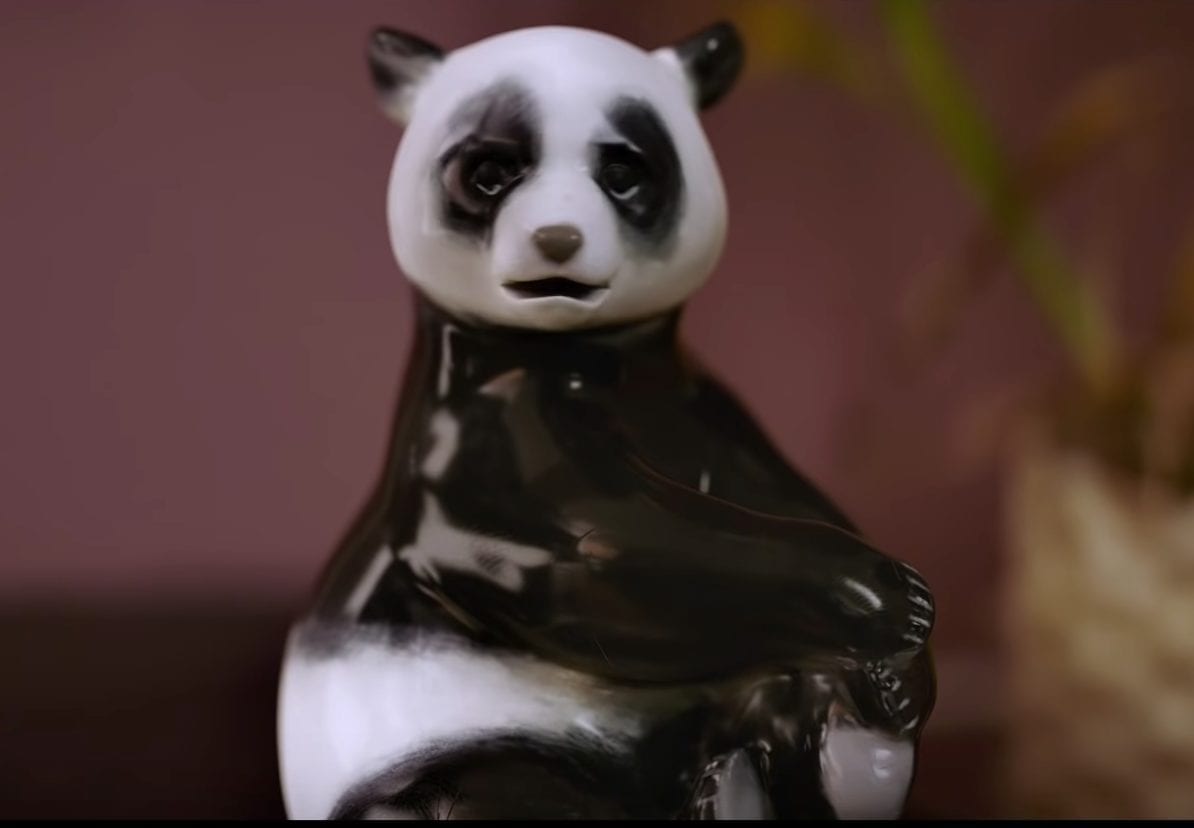The100: Behavioural science, Haha, Aha & Cheetos
Be a fool
Justin Lines spoke recently about how comedians can help us reveal better insights.
Because Haha is far closer to Aha than you think.
Comedians have to warm up the audience. Not just with a warm-up act, but also with the crescendo of their set. Justin argues that we could do the same when presenting insights. Start with the more obvious, less controversial. And finish with the provocative.
Lines also had a little dig:
They practice their material continuously at different clubs for months. Testing their observations of the audience, on the audience. How often do you go back to the focus group with the insights you drew from them?
The rest of this newsletter may be somewhat problematic, as I contemplate the Matryoshka-doll-like impact of this thought while gathering up the frazzled pieces of my own blown mind.
Act like an owner
There is a great behavioural science book from Matt Wallaert (recommended to me by The100 reader Dan Siddle – thanks Dan) called Start at the End: How to build products that create change.
Wallaert offers a framework for creating products, whereby we should start with outcomes, not the processes. He explains that the most effective companies understand what people want to do and why they aren’t already doing it, then building products to bridge that gap.
I particularly enjoyed its telling of the Flamin’ Hot Cheetos story: a brilliant example of how you can’t force insights, but you can create an environment in which they’re more likely to occur. Richard “Hot Cheetos” Montañez:
I learned at that moment that there was something special about being different, that there was a reason that we all just couldn’t fit into the same box.
Hear here [sic].
Taleb’s dictum
Helen Edwards sparkled in Marketing Week around the issue of simple marketing metrics. How they:
a) don’t tell us what to do, and
b) can be so easily confounded by other factors.
…there is a danger in extrapolating from that methodological simplicity the notion that the interpretation and implications are also simple. They rarely are. Just as painting by numbers will not get you much of a picture, so branding by numbers will not get you much of a brand.
Taleb’s dictum and the tale of JetBlue’s anomalous NPS score at Philly airport make the point marvelously.
A digital intervention
If you haven’t read Digital Minimalism or Deep Work by Cal Newport, I’d highly recommend adding either of them to your wish list. They consider how to attain focus in our increasingly distracted, digital world. But, even by Newport’s own admission, both books are quite aggressive in their recommendations.
If you were instead just wanting to dip the proverbial toe into the world of digital intervention, Newport suggests following the advice he gave to his students.
Use your smartphone only for the following activities: calls, text messages, maps, and audio (songs/podcasts/books) […] [your] phone is still useful for basic operations, but it ceases to act as a crutch that helps [you to] avoid the world around [you].
“This is very, very, very, very, very unacceptable.”
Tom Ewing has heroically watched 68 (UK) Christmas adverts and reviewed them all. I couldn’t agree more with what ended up at number 1 – and I’m so pleased it beat number 2.
There is also this £100 Christmas advert, which arguably smashes the CGI’d uber budget ads out of the water. Real people giving a large dollop of authenticity. Get in.
Ireland was once 25m 21s behind GMT
As per tradition at the year’s end, we share Tom Whitwell’s annual 52 things I learned in…
They range from the sombre to the superb:
- 15. Well, there you go…
- 46 tells me there is indeed a name for my disposition (SDAM).
- 49… you knew that… if you’ve not skipped what’s above 🙂 and
- 52 I’ve started doing already – it really works!
Lastly, whilst the office is still open and the Watch Me Think team are all working harder than Santa’s Elves, The100 will return on Jan 10th – I hope you’ve enjoyed reading it as much as I’ve enjoyed writing it.
Wishing you a very very happy new year and looking forward to hopefully making you think, and smile, in 2020.



Comments
Comments are disabled for this post